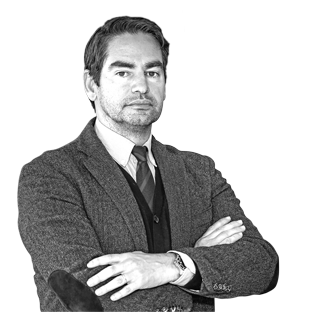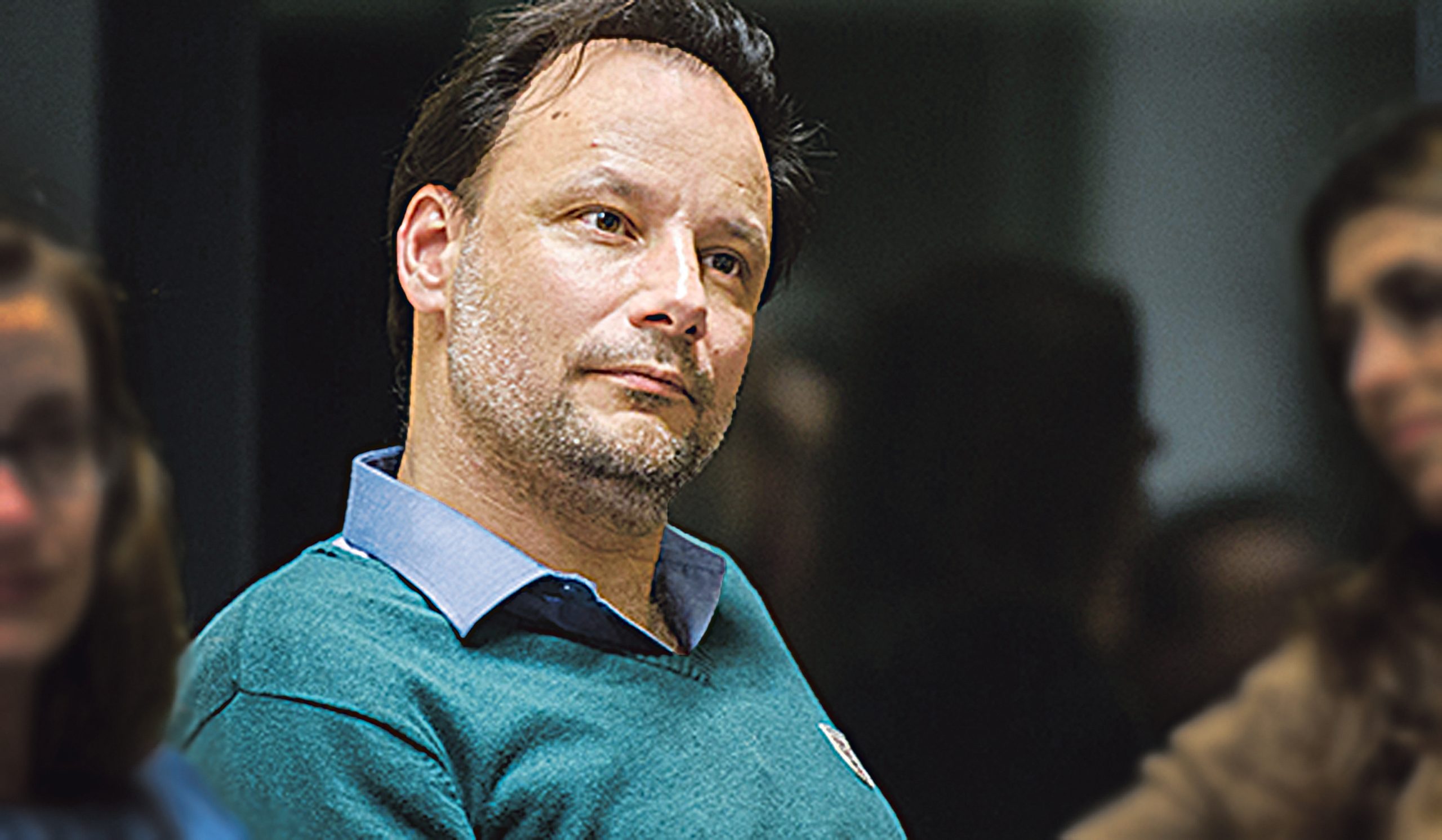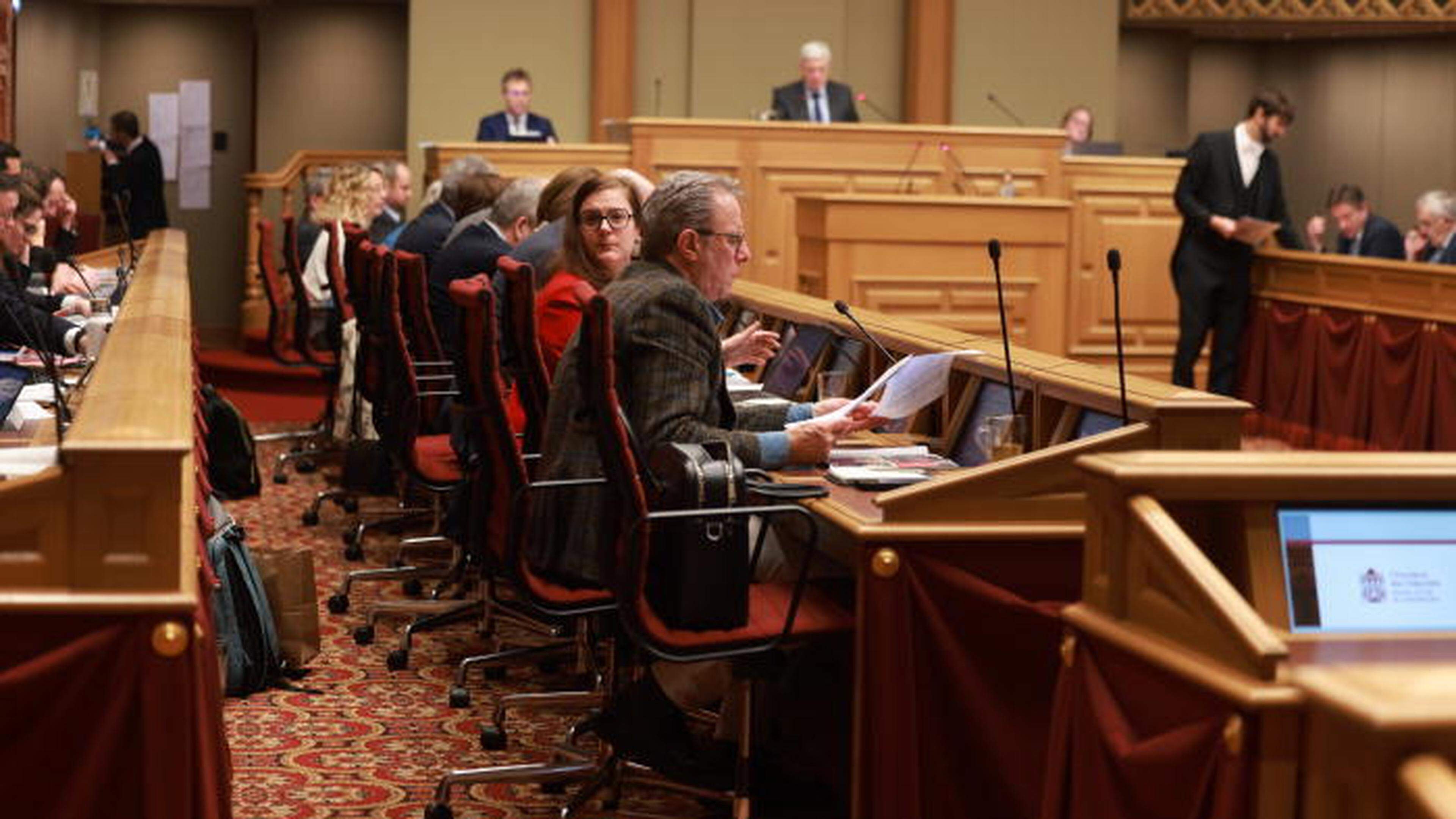The decline of liberal democracy?

In 2015, I wrote an articleThe Why Democracy is its Own Worst Enemy?. In it, he argued that the challenges that placed themselves to democracy were so serious that political scientists would have difficulty (and courage) to clearly identify what would happen in the subsequent decades. I was not wrong. A decade later, the growth of extremist popularisms in the right, in Europe and the US; The impetus of geopolitical disruptive conflicts and the subsequent consolidated rise of authoritarian powers leads us back in time, without surprise, to the same point of debate. There is, in fact, the widespread feeling of a democratic crisis.
Today, Meloni, Orbán, Le Pen or Weidel, are no longer just footnotes in European and world politics. In turn, Putin and Xi-Jinping are strengthened, while Trump assumes himself as a disruptive element.
Above all, there is a certain community lethargy that refuses to understand the reasons why politics has changed weakening democracy in the process.
Ten years ago, when the terms’ democracy ‘and’ enemy ‘were used in the same phrase there was a natural tendency, by those who lived in West democratic societies, to seek the source of all problems outside the so -called Western’ democratic bubble. That is, the ‘democratic enemies’ – our own enemies – were just mythological creatures that lived in a distant horizon. This line of thought was visible around the eternal debate about the struggle of democracy against its ‘external enemies’. This assertion was neither unprecedented nor relatively recent. If we remember, during the Cold War period, the idea that democracy was in ‘war’ with communism and, before that, with national socialism and fascism, was fostered. And later, these ‘external enemies’ gained a new dimension with the emergence of world authoritarianism, international terrorism, religious extremism, and Islamic fundamentalism.
The big problem is that this assertion is wrong. That is, liberal democracy continues to some extent to be its worst enemy. Why? Because most issues that are currently being debated result from a high degree of ineptitude, apathy, alienation and disinterest on the part of Western democracies. The question of democratic recession is not new. Samuel Huntington, as we know, placed on the table the possibility of a democratic « setback », followed very closely by the studies emanating from the Journal of Democracy.
How does the process reversed? From my point of view, through the internal institutional credibility that underlies citizens’ confidence in the political process. It is necessary to combat bad governance, corruption and emphasize the importance of the rule of law.
Increased quality and democratic legitimacy at the state level is vital to promote democratic principles externally. Somehow we need to ‘institutionalize’ the patterns of democracy, both internally or externally. For this, it is essential to bet on a Tocquevillean-Wilsonian approach (armed with the ‘Soft Power’ by Joseph Nye), consolidating internal democratic processes before we go abroad in search of monsters to destroy. ‘
And, yes, oddly enough, liberal democracies need to become more attractive in the long run so they can boost a new wave of democratic transitions. The world has changed and the formulas of the past no longer make sense.
The solution is (and will always be) exclusive prerogative of Western liberal democracies.
University Professor-IEP-UCP








:format(webp)/s3/static.nrc.nl/images/gn4/stripped/data115078479-01c7cd.jpg)